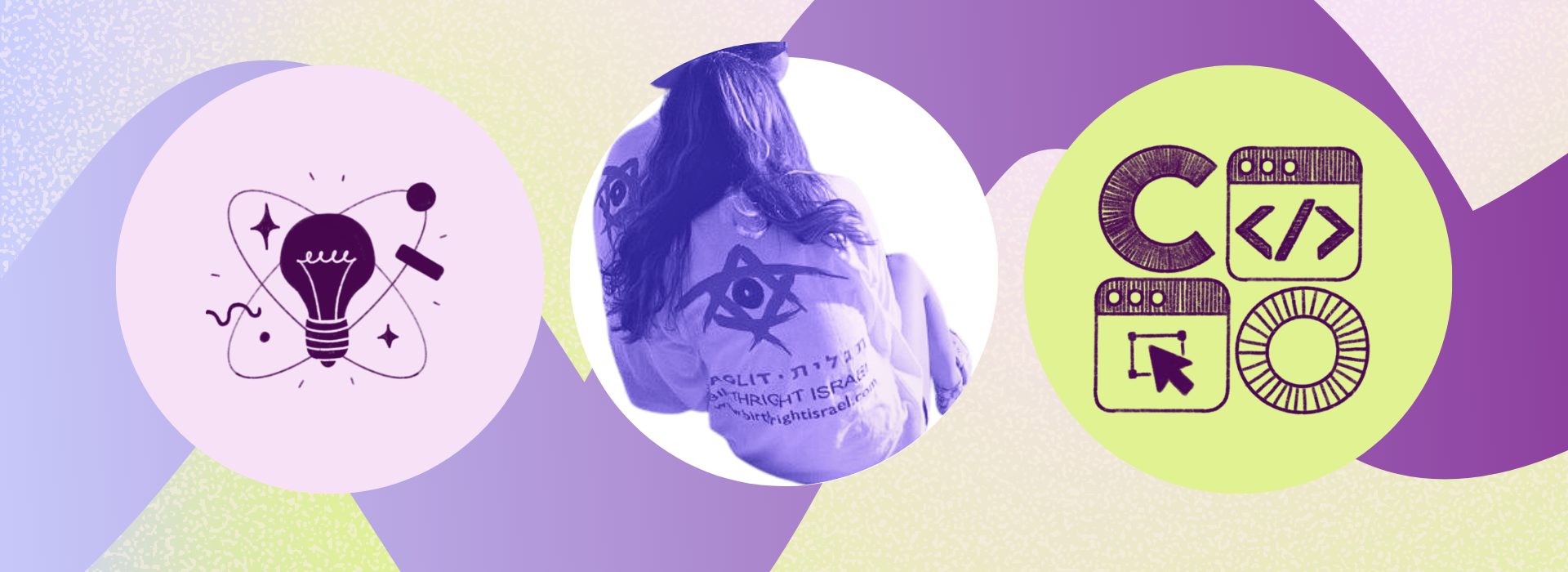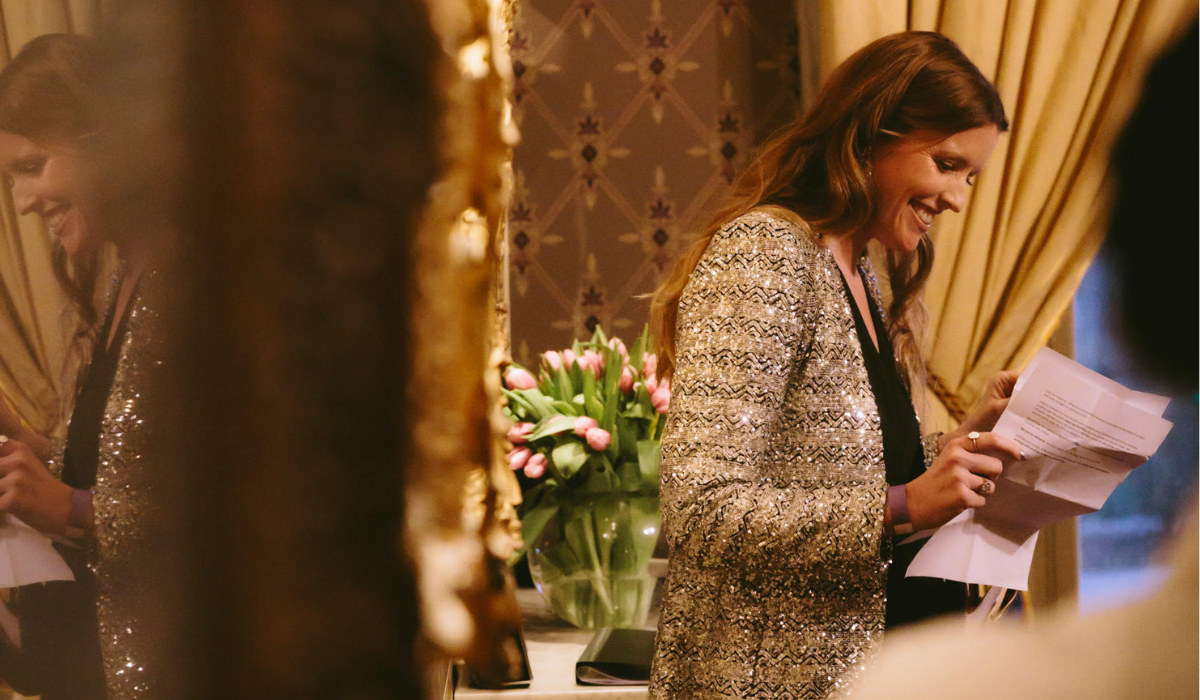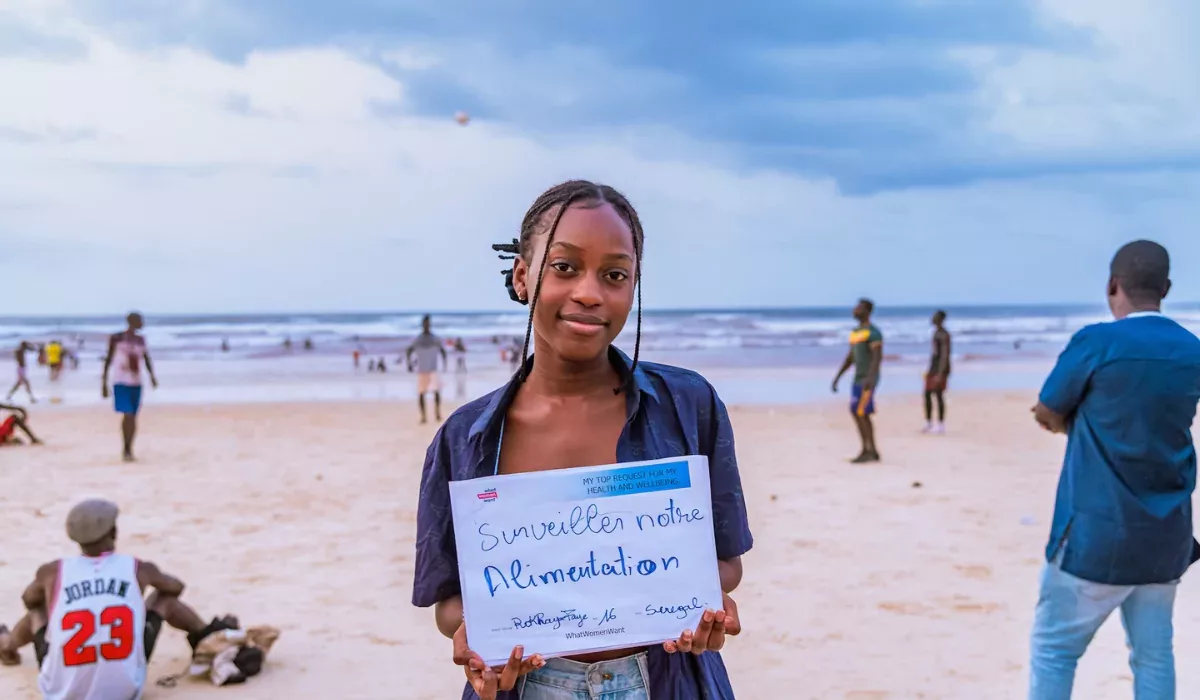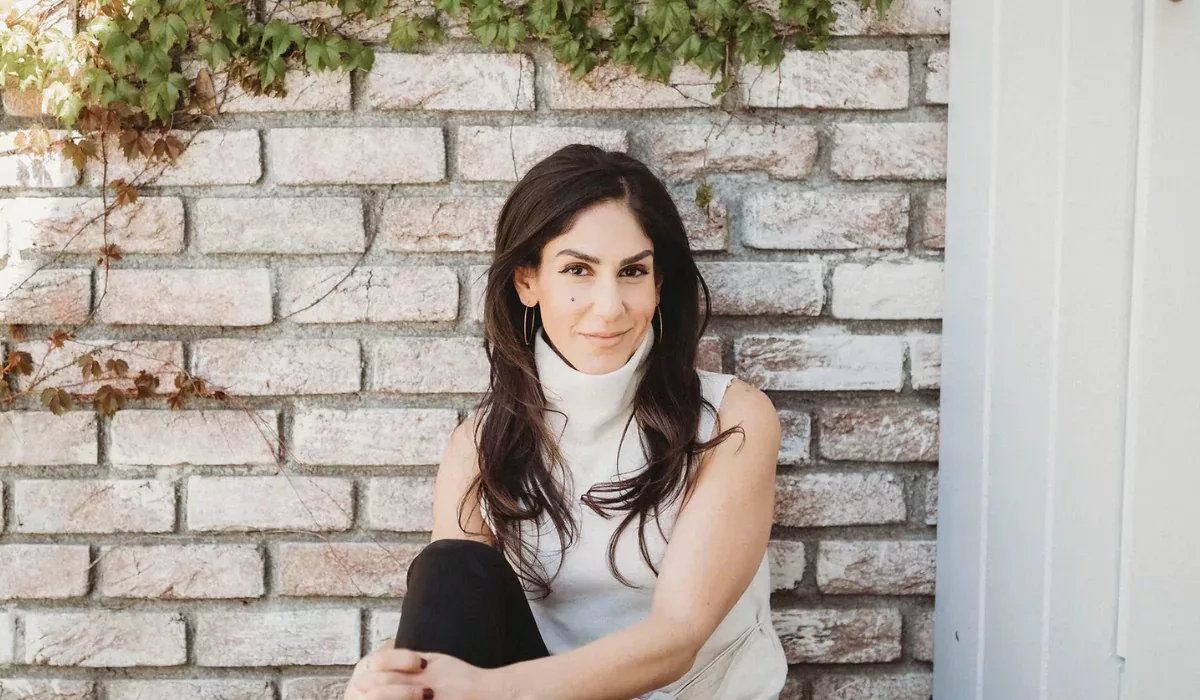
Unlearning Zionism: Resources for Birthright Participants and Consumers of Western Media
In the spring of 2012, when I was 20, I left for Birthright, the free trip to Israel offered to North American Jewish youth, despite my dad’s strong opposition. He has always been anti-Zionist and taught my sister and me our family history through that lens. But for a young person who had barely left the country before, the offer of an all-expenses-paid trip abroad was hard to resist.
As someone who hadn’t “grown up Jewish” in the way many of my friends had—no Bat Mitzvah, no Jewish summer camp—my only real connection to Jewishness came from being the granddaughter of Holocaust survivors. When I landed in Tel Aviv’s Ben Gurion Airport, I felt like an outsider compared to the dozen others on my trip. By the end of those two weeks, though, I felt a deep pride in my Jewish heritage and in the land that was repeatedly presented to us as “ours.” That shift was no accident. It came from the beauty of places like Haifa and Eilat, the camel rides in the Judean Desert, the sense of belonging at sites like the Kotel (Wailing Wall), the shared grief at the Holocaust Remembrance Center, Yad Vashem, and—if I’m honest—the IDF soldiers who joined partway through, seemingly selected for their good looks.
I’ve spent the last 12 years unlearning much of what infatuated me on that trip. This process has accelerated in the past couple of years as Israel’s war, now genocide, in Gaza has pushed me, like so many others, to dig deeper into the historical and political context of this moment. I often wonder how much harder that unlearning would have been if I had also attended Jewish day school, gone to summer camp, traveled on organized trips to Holocaust sites in Europe, or grown up in a family firmly committed to the idea of Jewish statehood.
One tactic I’ve confronted again and again is how quickly criticism of Israel gets redirected into a game of “who knows their Intifadas better.” If you call out Israel’s decades-long settler-colonial, expansionist agenda, the response is often something like “Don’t you know how many times Israel has offered a two-state solution?” or “Yes, but Jews are the Indigenous population of Israel.” These arguments, familiar to those raised on Zionist narratives, shift the focus away from the ongoing and increasingly sinister human rights violations Israel is committing and into a Western-washed version of history.
I’ve found myself in many of these unproductive conversations, often shielded from accusations of antisemitism by my half-Jewish identity. It should be as simple as saying “genocide bad,” but it rarely is. That’s what led me to seek out resources that could fast-track my historical, political, and cultural literacy and deepen my unlearning. Because even if you didn’t go through Zionist-funded programs, growing up in the West means you’ve been exposed to media that normalizes Palestinian suffering and excuses it with appeals to Jewish indigeneity.
The resources I’ve pulled together below are part of what has helped me begin to cut through those narratives. This list is by no means exhaustive, but I hope it can serve as a starting point for anyone looking for accessible entry points to then branch out from as each recommendation references others. Unlearning Zionist narratives is ongoing and collective work, so I invite others to share additional suggestions in the comments, and I’ll continue adding new resources as I come across them.
- Genocide Bad: Notes on Palestine, Jewish History, and Collective Liberation by Sim Kern – In addition to this book, I’d also recommend giving them a follow on IG. Both this book and their social media presence are dedicated to addressing common Zionist talking points.
- Throughline’s “The Cycle” – Throughline is a podcast from NPR that does an incredible job of providing historical context for today’s headlines. “The Cycle” is a mini series the show did on the history of conflicts in the Middle East – their episodes on Israeli settlements, Hezbollah, Hamas, the rise of right wing politics in Israel all feature journalists, historians and lived experiences from the people shaping the movements and organisations defining the current genocide.
- Israelism – this is a film about some of the Zionist institutions (including Birthright) that I mentioned above and how North American Jews are brought into the ideals of Zionism from a young age.
- Salt Houses by Hala Alyan – this breakout novel by Palestinian-American poet Hala Alyan follows four generations of one family as they navigate displacement and war, both within Israel and across the Middle East and North America. I found it powerful because it not only traces family and community experiences through key events in the region, but also humanizes displacement. It’s something we often associate abstractly with the Palestinian experience, yet rarely, at least for me, understand through the lens of one family’s story. I discovered this book through this Reddit thread full of other excellent fiction and nonfiction recommendations by Palestinian writers.
- Mosab Abu Toha’s 2023-2025 collection of essays in the New Yorker – In this collection of essays and poems beginning shortly after Oct 7, Mosab Abu Toha, a writer and journalist from Gaza, documents his family’s life under siege. His work captures the daily realities of survival, grief, and hunger while weaving them together with stories and memories from his boyhood. I believe one of the greatest successes of Zionism has been to paint pre-Oct 7 Palestinian communities as oppressive and unproductive, devoid of everyday family life and love. Mosab challenges this narrative by recounting the beauty, and in some ways, genericness of childhood and young adulthood in Palestine.


